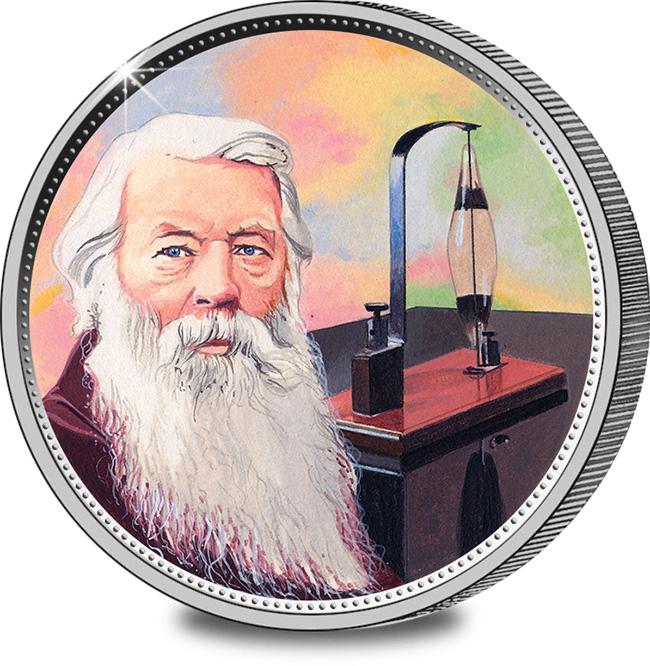
 |
Full name: Joseph Swan
Born: 31st October 1828
Invention/Achievement: The electric light
bulb
Date of introduction/Achievement: First
light bulb patent granted 1860
Died: 27th May 1914
|
It's difficult to imagine life before Joseph Swan invented the
incandescent electric light bulb. Although gas lights had
been used since the late 18th century, most houses were
lit by candles or oil lamps and for those few with piped gas
supplies, gas lighting was dirty, dangerous and cumbersome.
The incandescent lamp meant that night could be transformed
into day at the flick of a switch.
Born in Bishopwearmouth in 1828, Joseph Swan was known as an
enquiring and inventive youth. In 1850 he designed his first
light bulb, using a carbonised paper filament in an evacuated glass
bulb. Although in 1860 he was granted a British patent,
problems with the electricity supply and vacuum made it
impractical.
Fifteen years later he had addressed the vacuum problem and
incorporated a filament that could burn white hot to give more
light. Swan was granted a patent in 1878 and soon his lamps
were being installed in homes (including his own) around Britain.
London's Savoy Theatre was entirely lit by 1,200 of Swan's
electric lamps. In the United States Thomas Edison was also
working on incandescent lamps and had obtained a US patent for a
modified version of Swan's lamp in 1879. Swan took Edison to
court and won, but came to an agreement with Edison for each to
market the light bulb in their own countries.
In 1881 Swan produced an improved filament by squirting
collodion - a solution of nitro-cellulose in a solution of alcohol
and ether - into a coagulating solution and carbonising the
resulting threads.
In 1883 the Edison and Swan United Electric Light Company
was formed using Swan's new filament and this soon became the
industry standard. Swan continued with his electrical
developments in related fields. He also made important
advances in photography, in 1871 introducing dry plates and
substituting nitro-cellulose for fragile glass plates. In
1879 he patented bromide photographic paper, versions of which are
still used today.
Swan was repeatedly honoured, being elected a Fellow of the
Royal Society in 1894, receiving the French Legion d'honneur and a
knighthood from King Edward VII in 1904. He died aged 85 in
1914.